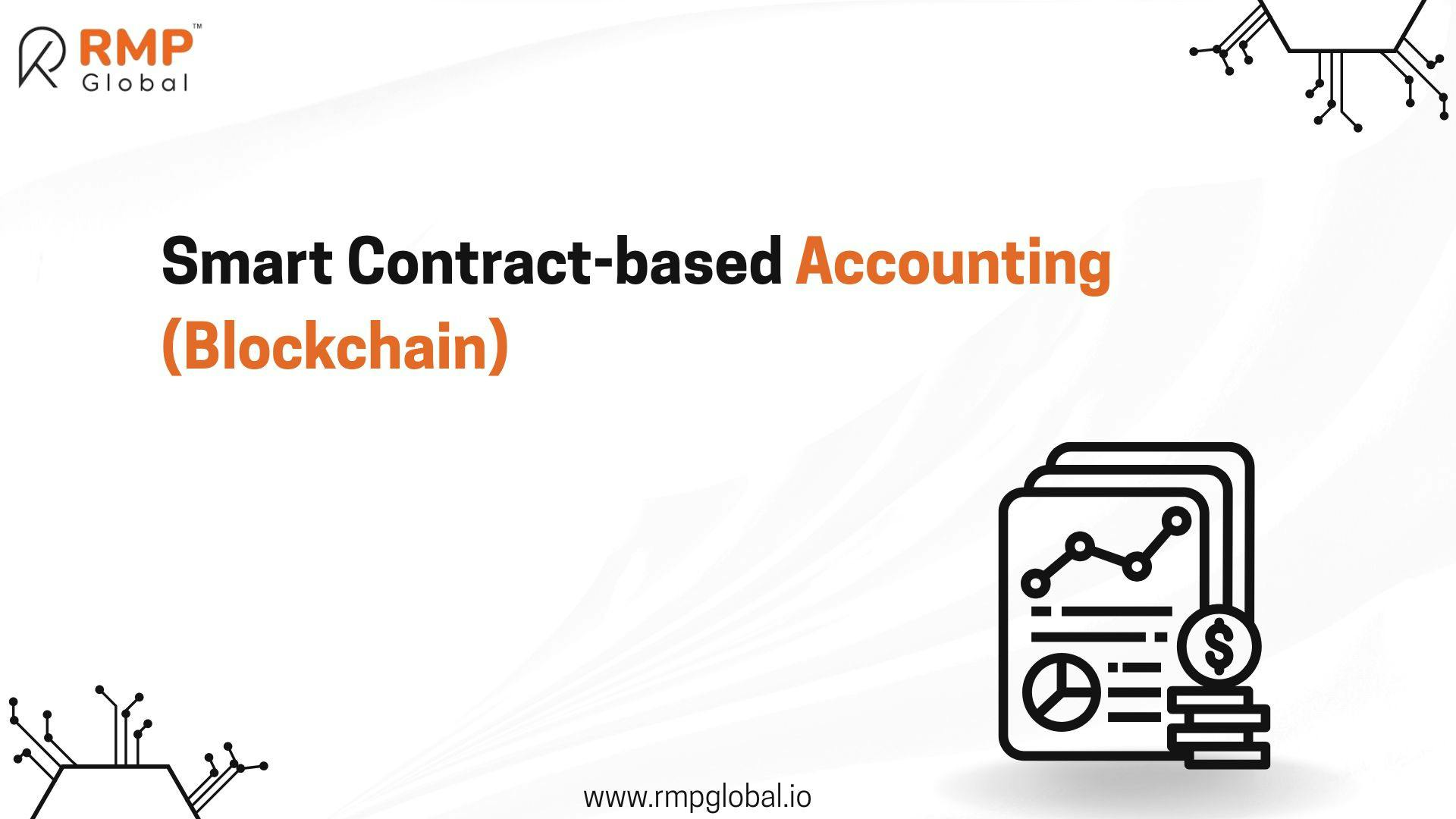
Share
Smart contracts are self-executing programs on a blockchain that enforce the rules and terms inscribed in their code. In accounting, smart contracts can automate:
- Recording transactions (journals, ledgers)
- Enforcing payment terms
- Revenue recognition
- Asset tracking and depreciation
- Compliance and audit trails
Key Features
1. Automated Bookkeeping -
Transactions (e.g., payments, invoices, inventory movements) trigger smart contracts that automatically generate and record accounting entries.
2. Real-Time Ledger Reconciliation -
Eliminates discrepancies and manual reconciliation—blockchain acts as the single source of truth.
3. Immutable Audit Trail -
Every action is transparently recorded and time-stamped, simplifying audits and regulatory compliance.
4. Conditional Transactions -
Payment or asset transfers only occur when pre-defined contractual conditions are met (e.g., delivery is confirmed).
5. Integrated Reporting -
Financial statements can be generated in real-time from on-chain accounting records.
Benefits
- Transparency: All parties see the same, unalterable data.
- Efficiency: Reduces manual work and human error.
- Security: Cryptographic proofs secure data from tampering.
- Auditability: Comprehensive, real-time audit trails.
- Cost-Savings: Fewer intermediaries, less reconciliation, lower operational costs.
Challenges and Limitations
- Integration: Bridging legacy ERP/accounting systems is complex.
- Regulatory Uncertainty: Legal status of ‘blockchain records’ may not be universally recognized.
- Data Privacy: Public blockchains may not be suitable for sensitive financial data.
- Change Management: Accountants and auditors need new skills and new workflows.
Common Use Cases
- Intercompany Accounting: Automated reconciliation/treatment of intercompany transactions within large organizations.
- Supply Chain Finance: Payments, receivables, and settlements between buyers, suppliers, and financiers are handled automatically.
- Auditable Donations: Charities use smart contracts to show transparent fund handling.
Notable Examples and Projects
- TruSat (EY): Decentralized finance and smart contract accounting system.
- Hyperledger Fabric: Used for permissioned, enterprise-grade accounting systems.
- SAP, Oracle, Microsoft: Exploring blockchain connectors for ERP/accounting.
Smart contracts are self-executing programs on a blockchain that enforce the rules and terms inscribed in their code. In accounting, smart contracts can automate:
- Recording transactions (journals, ledgers)
- Enforcing payment terms
- Revenue recognition
- Asset tracking and depreciation
- Compliance and audit trails
Stay connected for more such use cases of technology transformation in finance and accounts domain.
This article is only a knowledge-sharing initiative and is based on the Relevant Provisions as applicable and as per the information existing at the time of the preparation. In no event, RMP Global or the Author or any other persons be liable for any direct and indirect result from this Article or any inadvertent omission of the provisions, update, etc if any.
